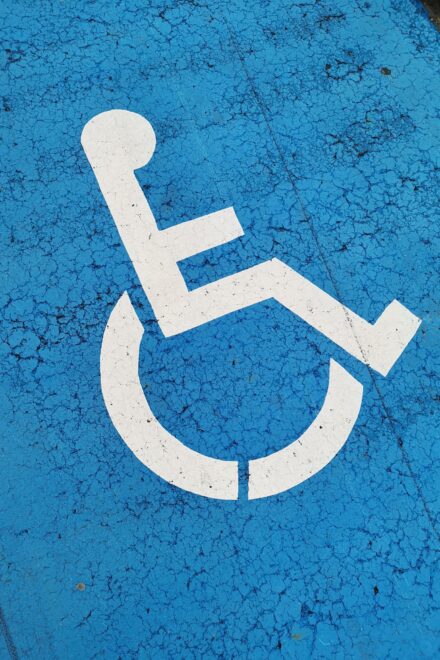
ACT Settlement
Disclosure of disability information by the ACT — a violation of students’ rights.
Have you or anyone related to you taken the ACT college-entrance examination? Did you take the test between September 1, 2002 and August 31, 2020 in California? Did they ask for accommodation of a disability to take the ACT?
If yes, you may be eligible to receive a settlement.
What exactly happened?
In 2018, 11 students took the ACT in California. They had disabilities and asked for reasonable accommodations in taking the test. To be able to take the test with certain accommodations for their disability, the ACT required the student to fill out questionnaires seeking information about their disabilities. And it later shared that confidential information with third parties, without the students’ consent.
ACT disclosed confidential information
The ACT is a standardized nation-wide college entrance exam. After the student took the test, the ACT flagged the students’ test scores. Confidential information about the students’ disabilities and requests for accommodations were disclosed in the report of scores that ACT sent to the universities and colleges that the student applied to. If the students applied to scholarship programs, information about the students’ disabilities were also disclosed to them.
Disclosure of information without knowledge or consent
The ACT did not warn the students that they were going to disclose the disability information. None of this confidential information appeared in the copy of the test reports given to the students. But these were different from the reports sent to the colleges and universities. Those copies contained the confidential disability information of the students.
Class Action suit against ACT
The 11 students filed a complaint against the ACT claiming that the ACT violated their right to privacy under the Americans with Disabilities Act, the Unruh Civil Rights Act and California’s Unfair Competition Law. The students alleged that disclosing the confidential information without the students’ knowledge or consent stigmatized them. They brought the suit for themselves and in representation of all other disabled students whose disability information were similarly disclosed and sold by the ACT.
Prayer for Injunctive relief
These students asked the court to stop the ACT from selling the information to postsecondary organizations and other third parties who use the disability information for recruitment and marketing. ACT was aware that colleges must admit students using “disability-blind” admissions processes. And they were not needed to disclose this information.
Settlement offer
ACT has denied any wrongdoing. They’ve agreed to change their practices of obtaining and collecting such disability-related information. And they have offered a settlement of $16,000,000 to all the members of the class. The 11 students who brought the suit are eligible for $5,000 each.
Who are eligible?
Anyone might be an eligible member of this class if they:
- Took the ACT between September 1, 2002 and August 2, 2020,
- Resided in or took the ACT in California,
- Responded to the Eligible Student Profile Section Question 8 with an affirmative answer other than “no disability”, and
- Took the administered exam through Special Testing
Notice by email or mail
ACT has sent notice of the proposed settlement to students who have probably been affected by this. They’ve sent 65,728 such notices by mail or email. Those who have received the notification are required to contact the Settlement Administrator and update their contact information.
What about students from other states?
It is important to note that the complaint only covered students who lived in California and took the ACT in California. There is nothing to prohibit ACT from doing the same to students in other states. So if you, or someone you know, took the ACT between those dates in a state other than California, and you asked for accommodation of a disability, ACT may have flagged the test score report or also disclosed confidential information about your disability too. It is not yet known if the ACT “sold” the information to marketers and recruiters the way it did with the information of the students in California.
Join an investigation
The only way to find out for students who think their confidential information may have been disclosed by ACT is to join an investigation.
Contact us here and tell us your story.
Join the investigation. Help us hold ACT accountable if they had violated your right to privacy by disclosing confidential information about your disability to third parties. If they did it without telling you or getting your consent before they disclosed it.
